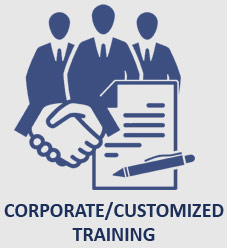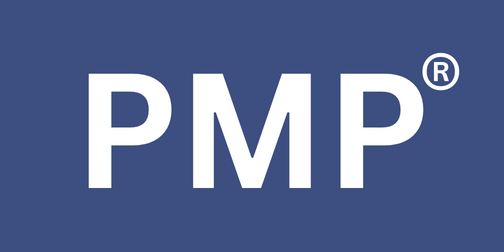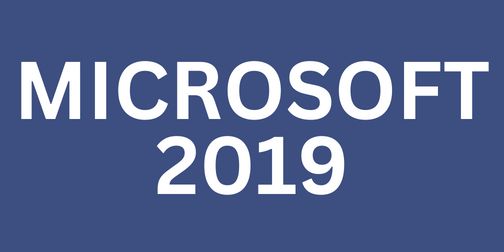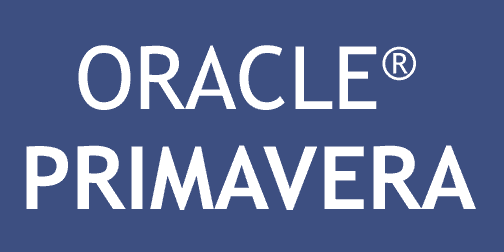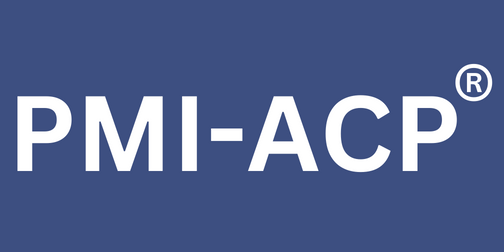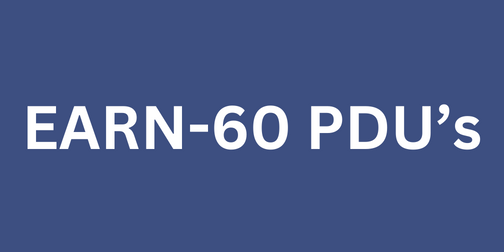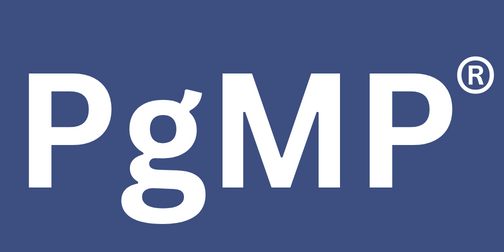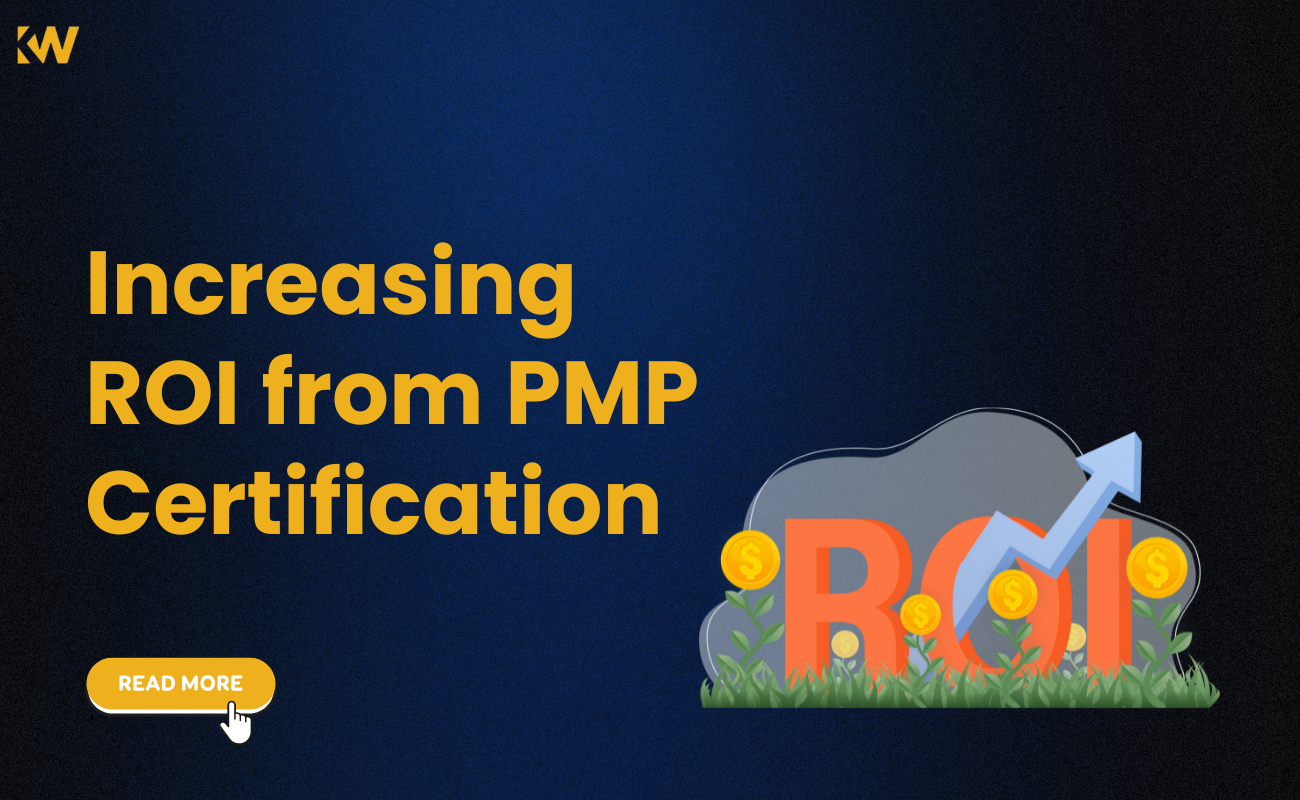
Increasing ROI from PMP Certification - Insights and Strategies for 2025
Posted On January 9, 2025 - 11:51 AM
The Project Management Professional (PMP), or Project Management Professional certification, has been the gold standard in project management for many years. However, the landscape of project management continues to change as we move into 2025. It is influenced by digitalisation, Agile methodologies, and advanced collaboration tools. The PMP certification represents a substantial investment of time, money, and effort. Therefore, it is important to maximize your return on investment. This blog provides actionable strategies and insights to help you get the most out of your PMP certification.
The Value Proposition of PMP Certification in 2025
-
Increased Earning Potential
According to the PMI(r), Salary Survey, PMP-certified professionals are paid significantly more than non-certified peers. This gap will widen by 2025 as more organizations recognize the strategic importance of PMP holders to drive complex projects.
-
Global Recognition and Credibility
The PMP is a globally recognized credential, which makes it an excellent choice for professionals who want to work in international markets. By 2025, the PMP certification will be relevant across industries and geographical areas because it emphasizes both adaptive and predictive methodologies.
-
Networking Opportunities
PMP holders have access to a global network of professionals and resources as well as career opportunities. This benefit will remain unmatched in 2025.
Key Strategies to Maximize ROI on PMP Certification
1. Align your certification with career goals
-
Determine Your Career Path: Decide if you want to remain in your current field, switch to another or move up to executive positions.
-
Target Industries: Research industries that are most in demand for PMP certification, including IT, construction and healthcare.
-
Role advancement: Use certification to advance into roles such as Project Manager, Portfolio Manager, or Program Manager.
2. Leverage PMP to Emerging Trends
-
Digital Transformation Projects: Showcase your expertise in managing technology-driven initiatives.
-
Agile Project Manager: Demonstrate your ability to integrate Agile practices into traditional methodologies as highlighted in the PMP updates.
-
Sustainable Projects: Demonstrate your ability to manage ESG (Environmental, social, and governance) goals.
3. Develop Your Skill Set
The PMBOK(r), Guide is the basis for PMP certification, but combining it with other skills will enhance your profile.
-
Technical Tool: Develop expertise in project management tools like Microsoft Project, Jira or Primavera.
-
Leadership skills: Develop your leadership abilities and learn how to manage stakeholder expectations.
-
Data-Driven Decision Making: Get familiar with Power BI and other tools for real-time analytics.
4. Network Strategically
-
Join PMI chapters: Build connections with local PMI chapters and gain insight into regional project management trends.
-
Attend Events: Participate in webinars and workshops to keep up-to-date with best practices.
-
Mentoring or being mentored: Share your knowledge and build your reputation in the community.
Financial Strategies for Maximizing ROI
1. Smart Investment in Preparation
The quality of your training and materials will have a significant impact on your success. Consider:
-
Choose a reputable training provider: PMI Authorized Training Partners are the best choice for reliable preparation.
-
Online Training vs. Classroom Training: Compare the cost-effectiveness, flexibility and convenience of virtual training with in-person sessions.
-
Free Resource: Use PMI's online learning resources, including practice exams and forums, to complement your learning.
2. Negotiating certification costs
-
Sponsorship by Employers: Many organisations offer financial support to professionals pursuing certifications. You should make a convincing case as to how certifications benefit the organization.
-
Tax deductions: Find out if the costs of certification are tax deductible in your country.
-
Grants and Scholarships: PMI offers grants to eligible candidates. Check if you are one of them.
3. Continuous Education for Sustainable Value
Maintaining your PMP certificate through Professional Development Units ensures that you remain relevant. Participate in:
-
Workplace projects: Earn PMP PDUs for applying PMP in your workplace.
-
Learn More: Take PMI's courses online or attend PMI events.
-
Community Contribution: Share your knowledge by blogging, webinars or teaching.
Practical Tips for Career Growth Post-Certification
1. Showcase Your Credentials
-
Update your LinkedIn profile and resume: Make sure to highlight your PMP credentials.
-
Tailor Applications: Highlight PMP-related achievements when applying for new positions.
-
Personal branding: Use social media to share your insights and establish yourself as a thought leader in project management.
2. Deliver Results
Employers prefer results over certifications. You can use your PMP knowledge in:
-
Optimize project execution: Use earned value management techniques (EVM) to monitor and control your projects.
-
Increase Stakeholder Satisfaction: Use communication and risk management to meet or surpass expectations.
-
Demonstrate ROI: Showcase ROI on your project management skills and how they have contributed to the success of an organization.
3. Keep up with Industry Trends
-
Artificial Intelligence in Project Management: Discover how AI tools enhance project forecasting, resource allocation and planning.
-
Hybrid and Remote Teams: Adapt management strategies to effectively manage distributed teams.
-
Sustainability goals: Align the project objectives with organizational sustainability goals.
ROI Metrics to Measure Success
Measure the impact of your PMP Certification:
-
Salary Increase: Track your salary increases after certification.
-
Role advancement: Determine how quickly you can move up the leadership ladder.
-
Project Results: Measure improvement in project delivery, team performance, budget adherence and team performance.
-
Professional Development: Consider your enhanced skills, opportunities for networking, and personal satisfaction.
The changing project management landscape in 2025
1. PMP Certifications in High Demand
Global trends like digital transformation, Agile practices, and ESG compliance (Environmental, Social, and Governance), have led to an increase in the demand for project managers. PMP-certified professionals are uniquely qualified to lead projects within this changing landscape.
2. Project Management Hybrids are the focus
By 2025, companies will expect project managers to adapt hybrid approaches to project management, which combine Agile and Waterfall methods. The PMP certifies professionals in:
-
Gantt charts are a traditional tool for planning long-term.
-
Agile practices, such as daily stand-ups and sprints, can help you to be flexible.
3. AI and Automation in Project Management
Artificial intelligence (AI) and automation tools have reshaped project execution. From automated resource allocation to predictive analytics in risk management, AI-based tools are changing the way projects are executed. The PMP certification will ensure that you are able to integrate technologies while still maintaining human oversight.
Financial Strategies to Maximize ROI
1. Plan for long-term gains
-
Cost Benefit Analysis: Compare the costs upfront (exam fees and study materials) with the ROI benefits long-term (promotions, salary increases, career stability).
-
Breakeven Timeline: Calculate the amount of time it will take for your investment to be repaid by additional income or career opportunities.
2. Maximizing Employer Support
Many organizations offer funding to employees who wish to become PMP-certified. To secure employer funding:
-
Aligning your pitch to the strategic goals of the company is important.
-
Show how PMP knowledge can improve team performance, reduce costs and increase project efficiency.
3. Learn More About Cost-Effective Options
Although premium PMP preparation courses are valuable, they can also be:
-
Use free PMI webinars, materials and resources.
-
Flashcards and practice exams are available on mobile apps.
-
Reduce costs by participating in local PMI chapter study groups.
Sustaining the Value of Your PMP Certification
1. Continued Learning and Renewal
You must earn 60 PDUs each three-year period to maintain your PMP certification. This is a great way to keep your skills current and sharpen them.
-
Earn PDUs Through Work: Earn PDUs when you apply project management techniques to your everyday job.
-
Specialized learning: Take advanced classes in risk management or stakeholder communication.
-
Leadership Contributions Earn PDUs for mentoring others, or by contributing to the project-management community via blogs or webinars.
2. Taking advantage of Alumni Networks
Joining PMI alumni groups or certification-specific forums can offer:
-
Referrals and leads for jobs
-
Best practices revealed.
-
Co-authoring whitepapers and research with PMP holders is possible.
3. Adapting to future trends
Keep an eye on the following to stay ahead of the game:
-
AI-Powered Tool: Learn how to use project management platforms with machine learning.
-
Sustainability metrics: Learn how to align projects with ESG goals of an organization.
-
Remote Team Dynamics: master virtual collaboration tools for distributed teams
Success Stories: Real-World Applications of PMP Certification
1. Increased Salary and Career Transitions
After certification, many PMP holders reported salary increases of up to 30-40%. As an example:
-
By leveraging his PMP skills, a mid-level project manager in IT was able to transition into a senior program management role within one year.
-
A PMP-certified engineer in construction uses their PMP credentials to lead international infrastructure projects, increasing their earning potential.
2. Streamlining organizational success
When hiring PMP-certified professionals, organizations often look for:
-
Cost overruns and delays in projects are reduced.
-
Team morale and productivity are improved.
-
Alignment with strategic objectives.
Conclusion
To maximize ROI from PMP certification, it is important to take a proactive approach and align the certification with your career goals, industry trends, as well as organizational goals. As the need for project managers grows, your PMP certification will help you to unlock exciting career opportunities and financial rewards in 2025. You can maximize the return on your PMP investment by combining strategic planning with continuous learning and effective execution.
This roadmap to maximizing ROI on PMP certification provides actionable steps to enhance your career and achieve professional milestones. Take charge of your project management journey in 2025 and beyond!
Check Out This Blog : How the PMP is aligned with Sustainability Goals in 2025
FAQs
Q: Is PMP certification worth it in 2025?
A: Yes! With the continued emphasis on structured project management practices, PMP certification remains a valuable credential that enhances career prospects and earning potential.
Q: How long does it take to see ROI from PMP certification?
A: ROI timelines vary, but many professionals notice career benefits, such as promotions or higher salaries, within 6-12 months of certification.
Q: What industries benefit most from PMP certification?
A: Industries like IT, construction, healthcare, finance, and consulting value PMP-certified professionals for their ability to manage complex projects effectively.











